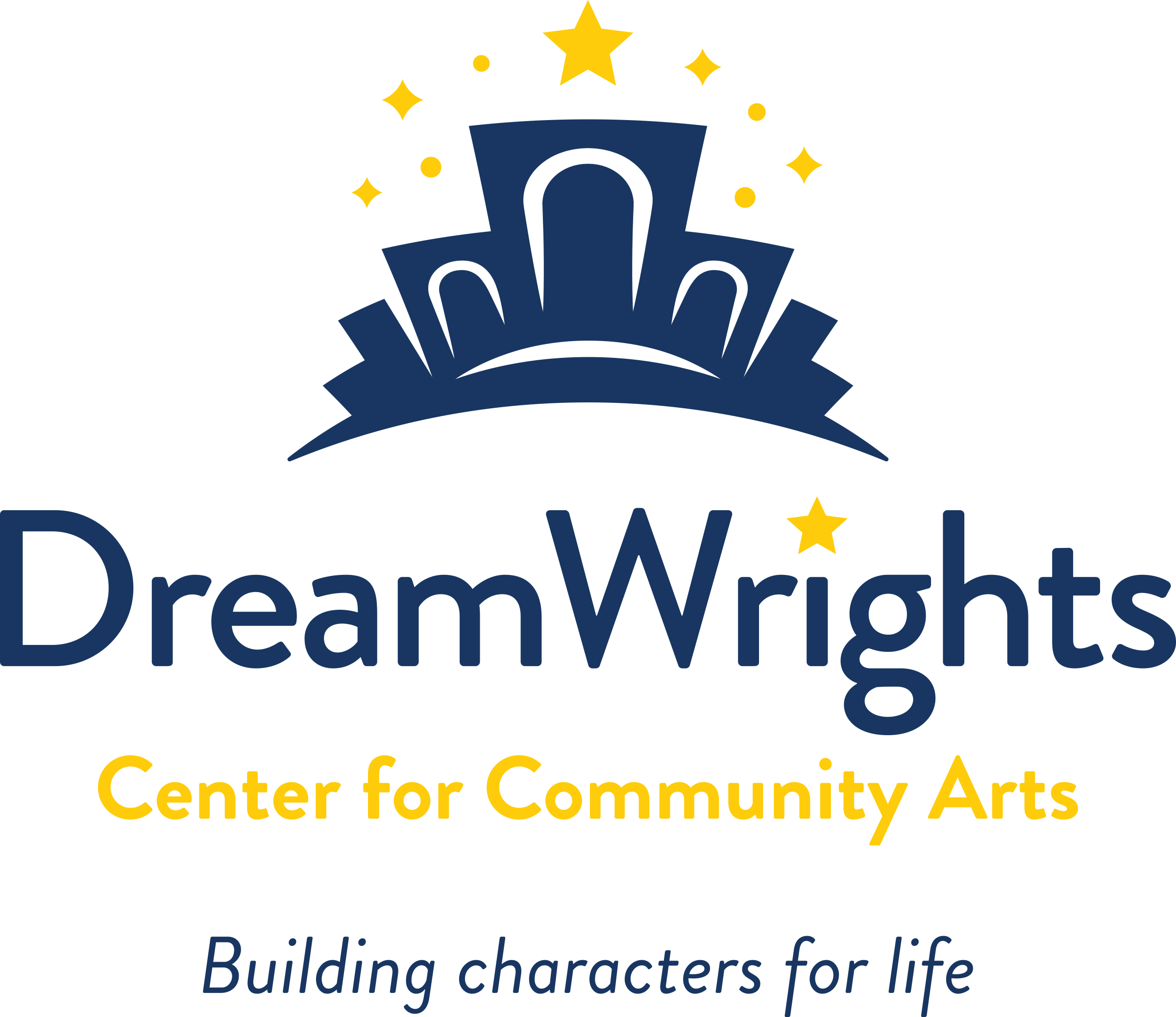In 1976 I was commissioned to write a play about the importance of reading by the International Library Association. I, being a firm believer in the philosophy “can’t never did anything,” said, “Sure!” Plus, I loved to write.
In my most recent play then, THE TALE OF TWO RODENTS, I had probably created my favorite character so far. His name is Rupert, and he’s a pack rat. So I thought, what would Rupert do if he went to a library? Why would he even go to a library? The answers were easy. He has a book report due for school, so his mother drops him off at the library. Because it’s usually a very good idea to read a book before you write a report, and a library is a perfect place to find a book to read.
Having no other choice, Rupert enters the library sees all the books and says, “Criminitly! Look at all of them! They don’t wind up. You can’t play with them. Super boring, that’s what I say!” Then the librarian appears on the scene.
Why did he say, “Criminitly?” I truly don’t know. It is what came out of my fingers, and hence his mouth. I was writing on a typewriter then, so the repetition of letters was intentional. I didn’t think about it at all. It was and still is Rupert’s favorite word for all occasions.
The resulting show was RUPERT MEETS MRS. TALES, and it has been touring almost continually in Pennsylvania since it was written. Thousands of children have gone home telling their folks all about Rupert and how he doesn’t read so they had to help him. They also went back to their classrooms saying “Criminitly!” Why? Because it’s fun and very usable?!
I have gone on making up words, also with no forethought. Now they just come out of my mouth. There are many of them now. Some casts will even make me a dictionary at the end of a show.
Why don’t I use regular, already-in-the-dictionary words? I do, and a lot of them, but sometimes there are just not enough of them. Plus most of them are over-used and limited in their scope. My words can be used in a wide variety of situations, and always work perfectly. Their meanings are always understood and depend upon inflection, projection, and what’s happening at the moment. Plus, made up words are fun and always get everyone’s attention!
Diane Crews
Artistic Director
Playwright in Residence


Recent Comments